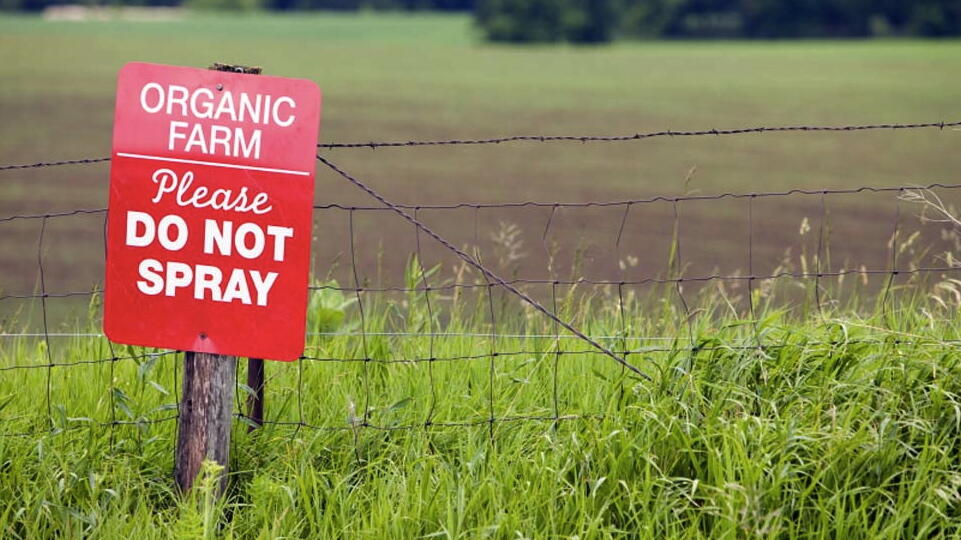John Reganold, a Regents Professor of Soil Science & Agroecology at the Washington State University, wrote an article in “The Guardian” entitled “Can we feed 10 billion people on organic farming alone”?… Just as the title symbolizes, and the section in which it was published in The Guardian, “Guardian sustainable business“, the article tackles whether organic farming should be relied on alone. It also mentions the benefits of organic farming, referring to various studies that the writer has conducted with his students, and other recent studies on this topic.
It is sad to read that organic agriculture only occupies only 1% of global agricultural land, and actually, this is a major challenge facing humanity. How would we produce enough food for a population that could reach 10 billion by 2050, without the extensive deforestation and harm to the wider environment?
This is the conclusion that the writer has reached with his doctoral student Jonathan Wachter, by reviewing 40 years of science and hundreds of scientific studies comparing the long term prospects of organic and conventional farming.
The two researchers found out that although organic farming systems produce yields that average 10-20% less than conventional agriculture, they are more profitable and environmentally friendly.
The writer goes on listing the benefits of organic farming, and here are some:
- Organic farms tend to have better soil quality and reduce soil erosion compared to their conventional counterparts
- . Organic agriculture generally creates less soil and water pollution and lower greenhouse gas emissions, and is more energy efficient
- Organic agriculture is also associated with greater biodiversity of plants, animals, insects and microbes as well as genetic diversity
The main highlight of the whole article is that we are in a new era of agriculture, as the writer names it, saying that “the number of organic farms, the extent of organically farmed land, the amount of research funding devoted to organic farming and the market size for organic foods have steadily increased”.
He also added that “Sales of organic foods and beverages are rapidly growing in the world, increasing almost fivefold between 1999 and 2013 to $72bn. This 2013 figure is projected to double by 2018. Closer to home, organic food and beverage sales in 2015 represented almost 5% of US food and beverage sales, up from 0.8% in 1997″.
What do we need?
According to the researcher, there needs to be appropriate public policies and private investment is an important step for global food and ecosystem security, in addition to agricultural systems that come with a more balanced portfolio of sustainability benefits.











